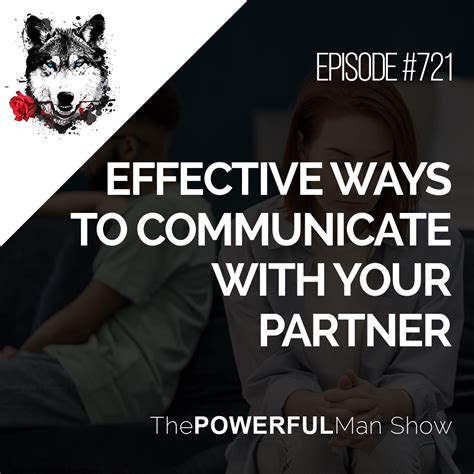Relationship conflicts are an inevitable part of any partnership. They’re not a sign of failure, but rather an indicator that two distinct individuals are navigating life together. For men, learning to approach these disagreements constructively is crucial for fostering deeper understanding, strengthening bonds, and ensuring long-term relationship health. This article offers actionable tips to help you move from heated arguments to meaningful resolutions.
1. Master the Art of Active Listening
Often, during a conflict, our primary goal becomes to defend ourselves or prove our point. However, effective conflict resolution begins with truly listening to your partner. This means more than just waiting for your turn to speak.
- Give Your Full Attention: Put down your phone, make eye contact, and avoid interrupting.
- Seek to Understand, Not Just Reply: Ask clarifying questions (“Can you tell me more about that?”). Try to understand their perspective and feelings, even if you don’t agree with them.
- Validate Their Feelings: Acknowledge what you hear, even if you don’t share the same feeling. Statements like, “I hear that you feel frustrated because…” can de-escalate tension significantly.

2. Own Your Part and Apologize Genuinely
It’s rare for one person to be entirely at fault in a conflict. Take an honest look at your actions and words. What part did you play in the disagreement? Taking responsibility for your contribution, no matter how small, can be incredibly powerful.
A genuine apology isn’t about admitting you’re entirely wrong; it’s about acknowledging the impact of your actions on your partner. Say “I’m sorry that my words made you feel unheard” instead of “I’m sorry you feel that way.” This demonstrates empathy and a willingness to repair the breach.

3. Communicate Clearly and Constructively
Vague accusations or general complaints rarely lead to solutions. When expressing your concerns, focus on “I” statements, which describe your feelings and needs without blaming your partner. For example, instead of “You always dismiss my feelings,” try “I feel hurt when I try to share something and it seems like my concerns aren’t taken seriously.”
Be specific about the issue at hand and what you need. Avoid bringing up past grievances that aren’t directly relevant to the current discussion, as this can quickly overwhelm the conversation and derail resolution.
4. Know When to Take a Break
Sometimes, emotions run too high, and productive conversation becomes impossible. If either you or your partner starts to feel overwhelmed, angry, or contemptuous, it’s okay to call for a timeout. Agree on a specific time to revisit the discussion (e.g., “Let’s take 30 minutes to cool down and then talk again”).
Use this time to calm your nervous system. Go for a walk, listen to music, or practice deep breathing. The goal is to return to the conversation in a calmer, more rational state, ready to engage constructively.

5. Focus on Solutions and Compromise
Once both parties feel heard and understood, shift the focus from dissecting the problem to finding a resolution. Brainstorm potential solutions together. What would a good outcome look like for both of you? Be open to compromise.
Relationship conflicts are rarely about one person “winning.” They’re about finding a path forward that respects both partners’ needs and allows the relationship to grow. This might involve meeting in the middle, or it might involve one partner making a concession on one issue while the other does so on another.

6. Seek External Support When Needed
If conflicts become repetitive, destructive, or seem impossible to resolve on your own, don’t hesitate to seek professional help. A couples’ therapist can provide a neutral space, teach effective communication strategies, and help identify underlying issues contributing to persistent conflicts.
Seeking therapy is a sign of strength and commitment to your relationship, not a sign of failure. It provides tools and perspectives that can be invaluable for navigating difficult times.

Conclusion
Resolving relationship conflicts effectively is a skill that takes practice, patience, and a commitment from both partners. By actively listening, taking responsibility, communicating clearly, knowing when to pause, and focusing on collaborative solutions, men can transform disagreements into opportunities for growth and deepen their connection. Embrace these strategies, and watch your relationship strengthen.




